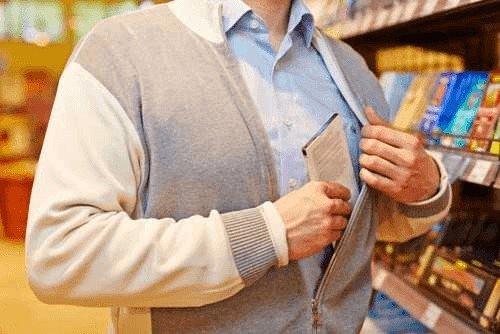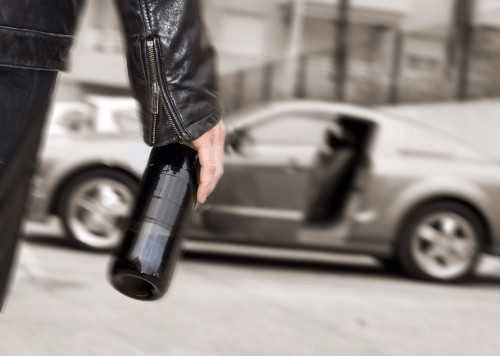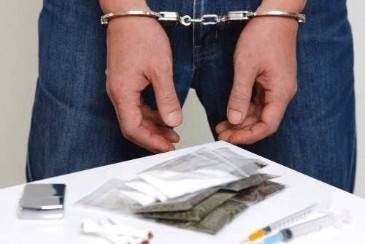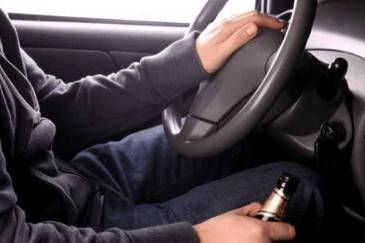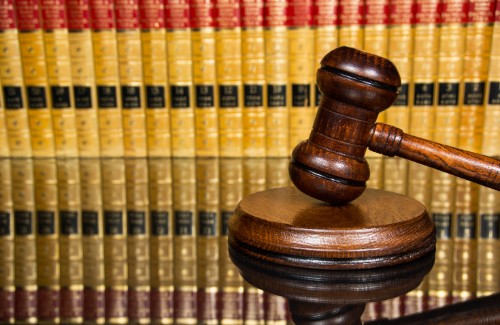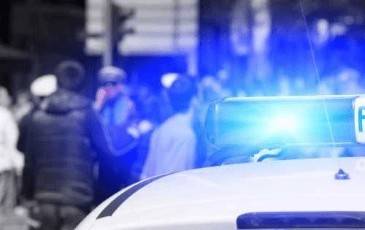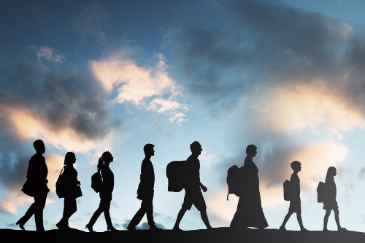In Texas, the act of stealing or unlawfully appropriating someone else’s property is a serious offense with significant legal repercussions. Whether it’s a misdemeanor or a felony, theft charges can have long-lasting consequences on your life. Deandra Grant Law aims to provide clarity and guidance on navigating the complexities of theft charges in Texas. What […]
Texas DWI & Criminal Defense Blog
Contact Deandra Grant Law for help with your DWI or Criminal charge.

